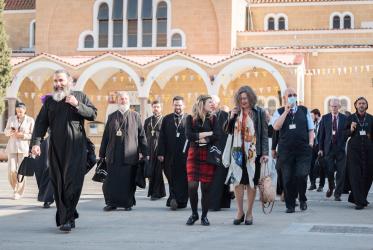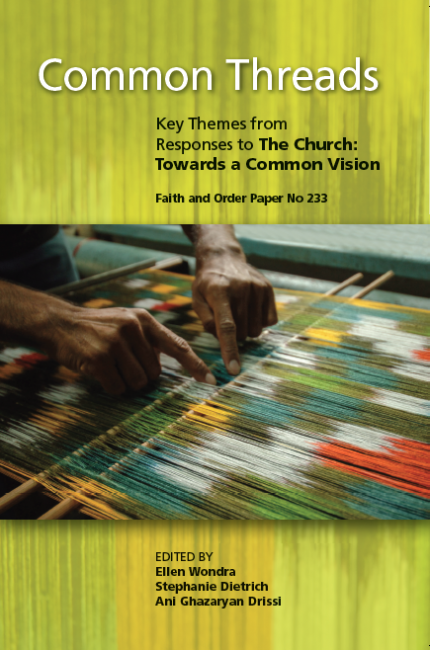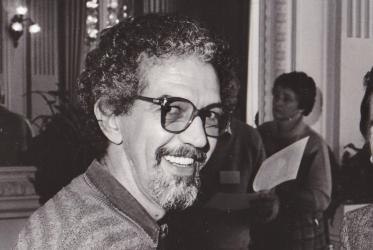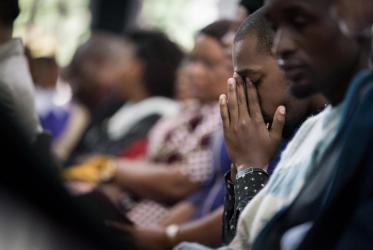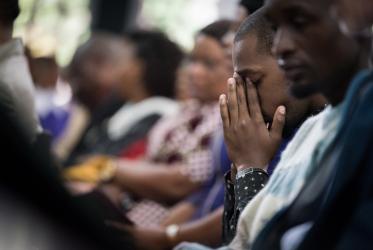Displaying 21 - 40 of 447
Common Threads
Key Themes from Responses to The Church: Towards a Common Vision. Faith and Order Paper No 233
25 February 2022
El mundo llora la pérdida del arzobispo Desmond Tutu
30 December 2021
Die Welt trauert um Desmond Tutu
30 December 2021
Le monde pleure la perte de l’archevêque Desmond Tutu
30 December 2021
Tributo a Desmond Tutu, Pastor de la Nación
30 December 2021
World mourns loss of Archbishop Desmond Tutu
30 December 2021
Desmond Tutu: Pfarrer der Nation - ein Nachruf
30 December 2021
Desmond Tutu : Pasteur de la nation – Un hommage
30 December 2021
Desmond Tutu: Pastor of the Nation - A Tribute
30 December 2021
Kirchen und moralisch-ethische Urteilsbildung Band 3
Band 3: Dialog fördern, um Koinonia zu stärken
05 November 2021
